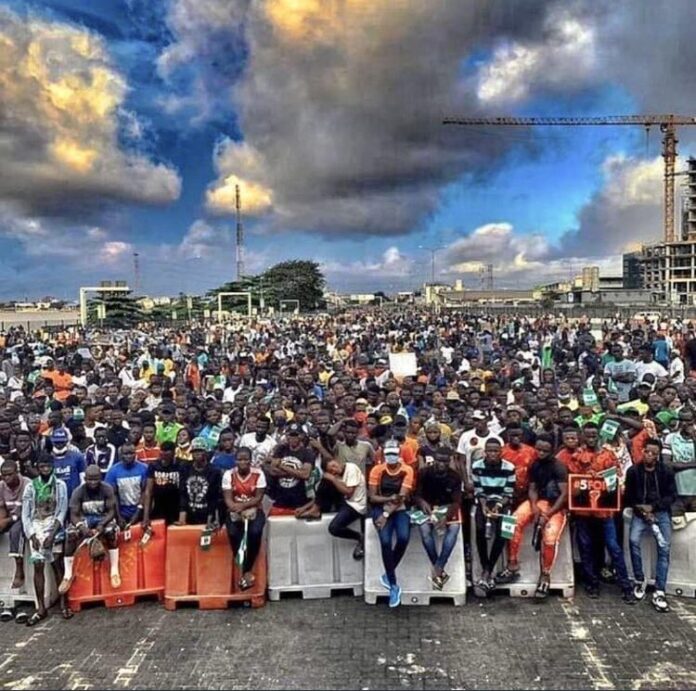In October 2020, Nigeria witnessed a watershed moment in its history with the EndSARS protests. These demonstrations, led by impassioned Nigerian youths, brought to the forefront the deeply-rooted issues of police brutality and poor governance.
The Nigerian government failed to address legitimate EndSARS protester demands, resorting to excessive force. This article examines this betrayal and suggests remedies for the youth’s grievances.
Failure to Address Demands
EndSARS protesters demanded police reform and better security in Nigeria, listing concise, comprehensive demands for change.
Release arrested protesters, justice for police victims, disband SARS, retrain officers, and improve police pay and conditions were among the demands.
Also Read: #EndSARS thrives as courage triumphs over fear

While the government initially disbanded SARS, it failed to implement the other critical demands, thereby exposing its lack of genuine commitment to comprehensive police reform.
Excessive Use of Force
The darkest day of the #EndSARS protests was October 20, 2020, when Nigerian security forces opened fire on peaceful protesters at the Lekki Toll Gate in Lagos.

This tragic incident led to the death of at least 12 people and left numerous others injured. The use of live ammunition against peaceful protesters represented a gross violation of their fundamental rights to peaceful assembly and freedom of expression.
It was a painful reminder of the government’s heavy-handed approach to dissent.
Lack of Accountability for Violence
After Lekki Toll Gate and ongoing violence against protesters, government inaction on accountability erodes trust, implying tolerance for brutality.
Crackdown on Dissent
Since the EndSARS protests, the Nigerian government has intensified its crackdown on dissent and freedom of expression.

The government has arrested and detained activists, journalists, and critical citizens. The government shut down social media platforms, limiting Nigerians’ freedom of expression and their ability to hold it accountable.
These actions only underscore the government’s authoritarian tendencies.
What Can Be Done?
Nigerian youths, growing disillusioned with their government, must continue to organize and demand change.
They must continue to hold their government accountable for its failures and push for the full implementation of the EndSARS demands.

To achieve this, they need to educate themselves about their rights and the strategies required to protect them.
International partners and the global community can also play a pivotal role in supporting Nigerian youths.
They can provide financial and technical assistance to civil society organizations working to advance human rights and accountability in Nigeria.
Moreover, international actors must speak out against human rights abuses and consider imposing sanctions on those responsible for such abuses.
In collaboration, Nigerian youths and the international community can work together to pave the way for a brighter future in Nigeria.
By addressing the government’s shortcomings and advocating for genuine reform, they can contribute to the realization of a more just and equitable society for all Nigerians.







Comments are closed.